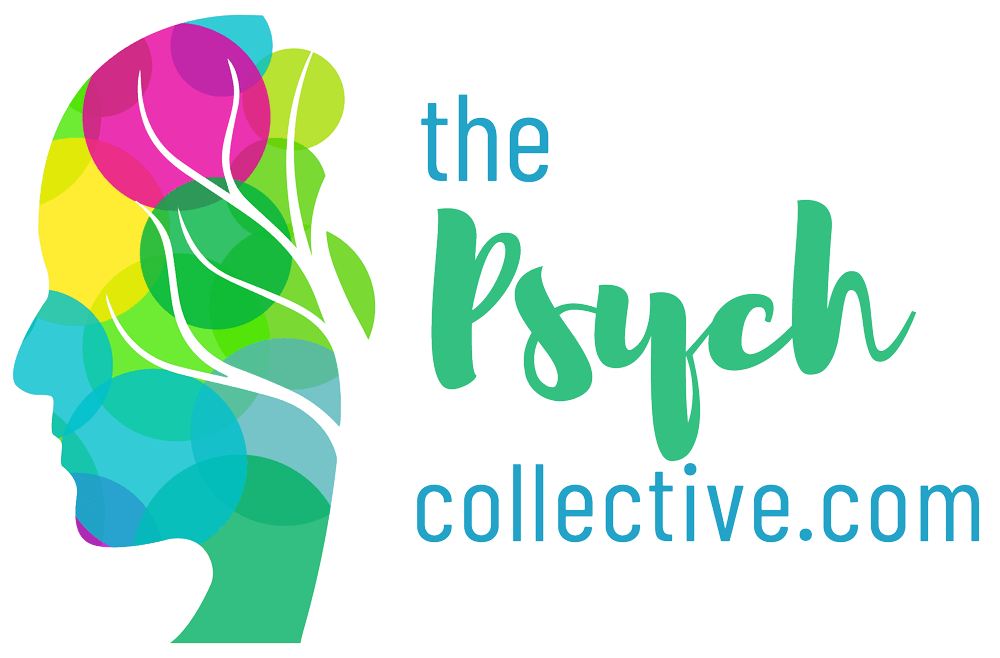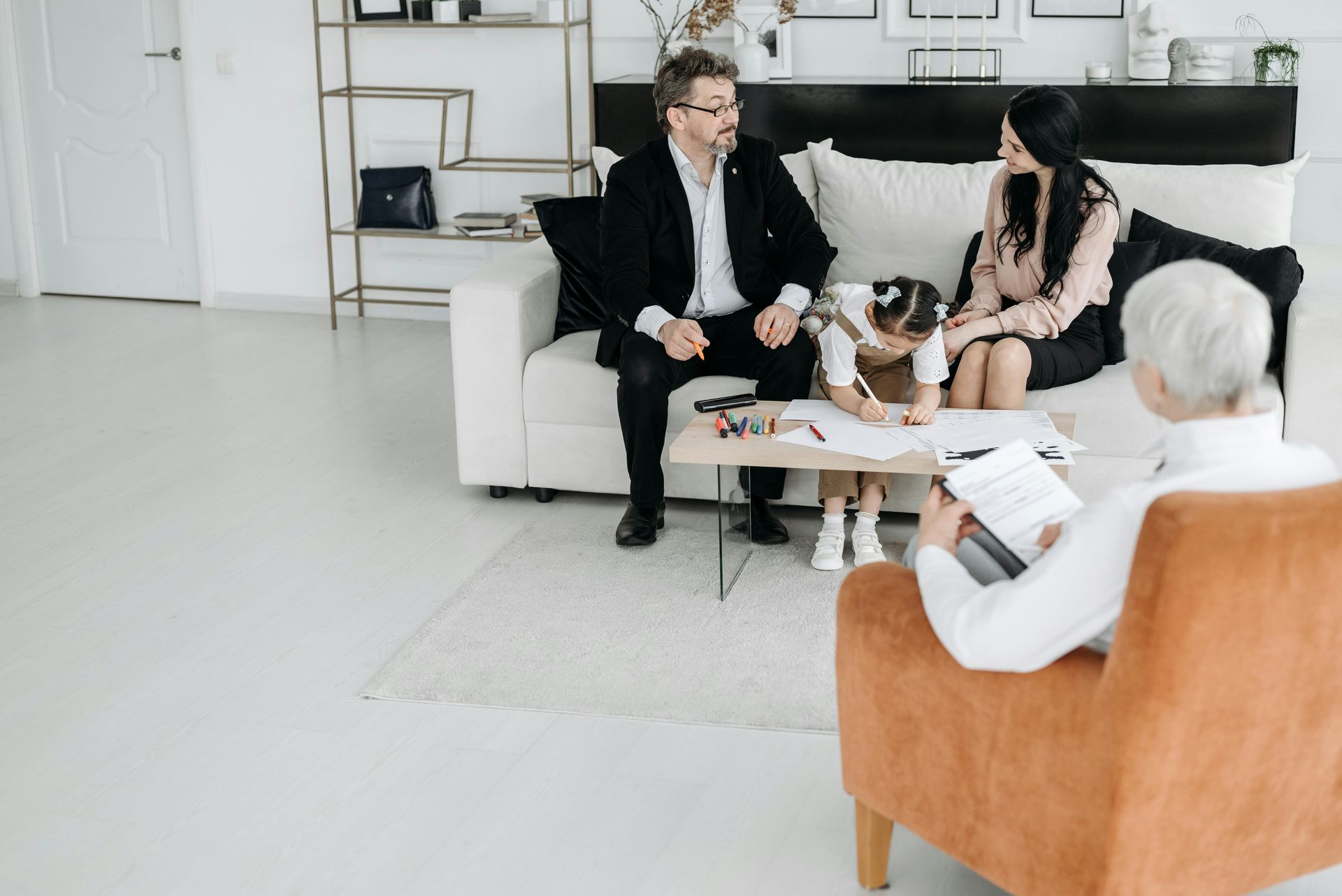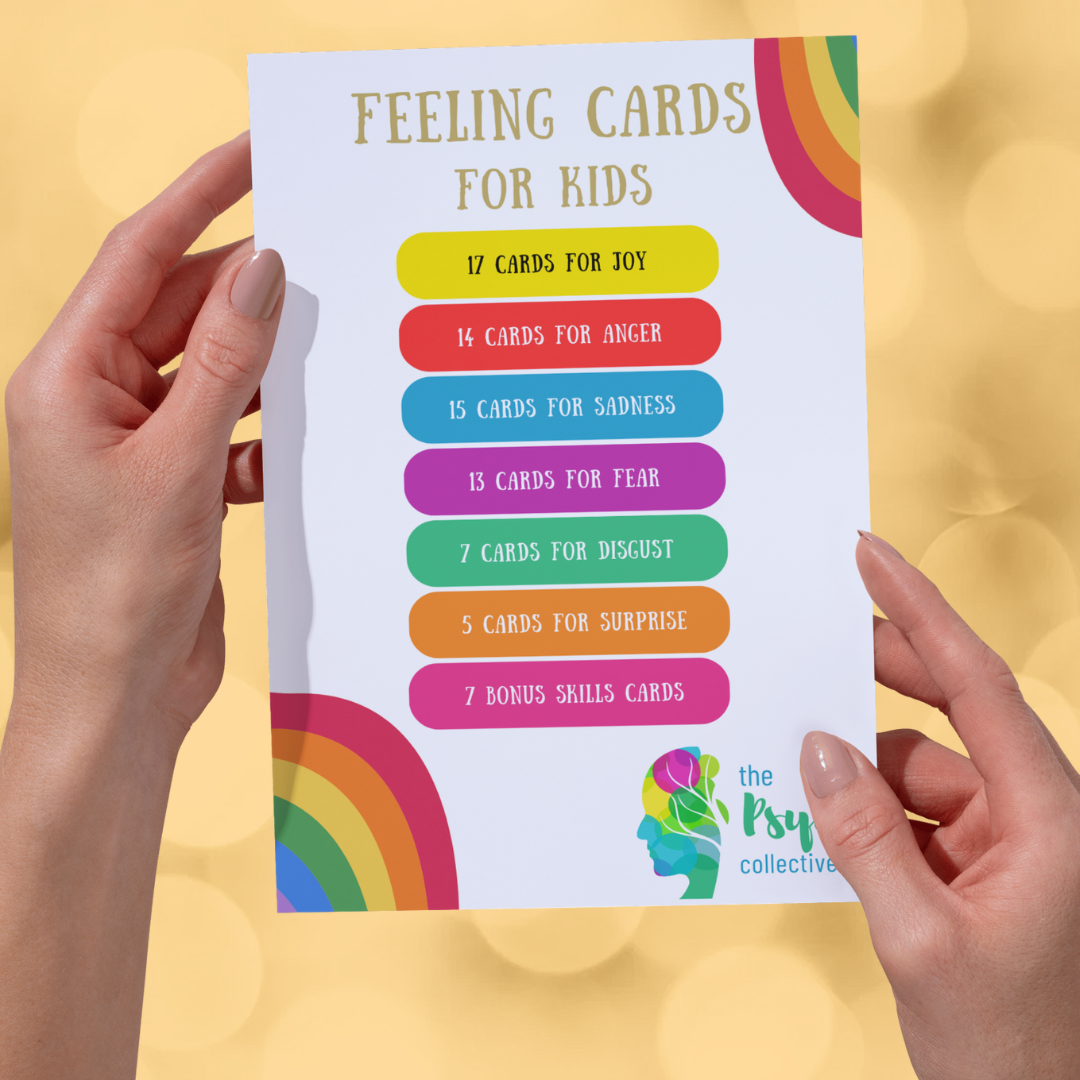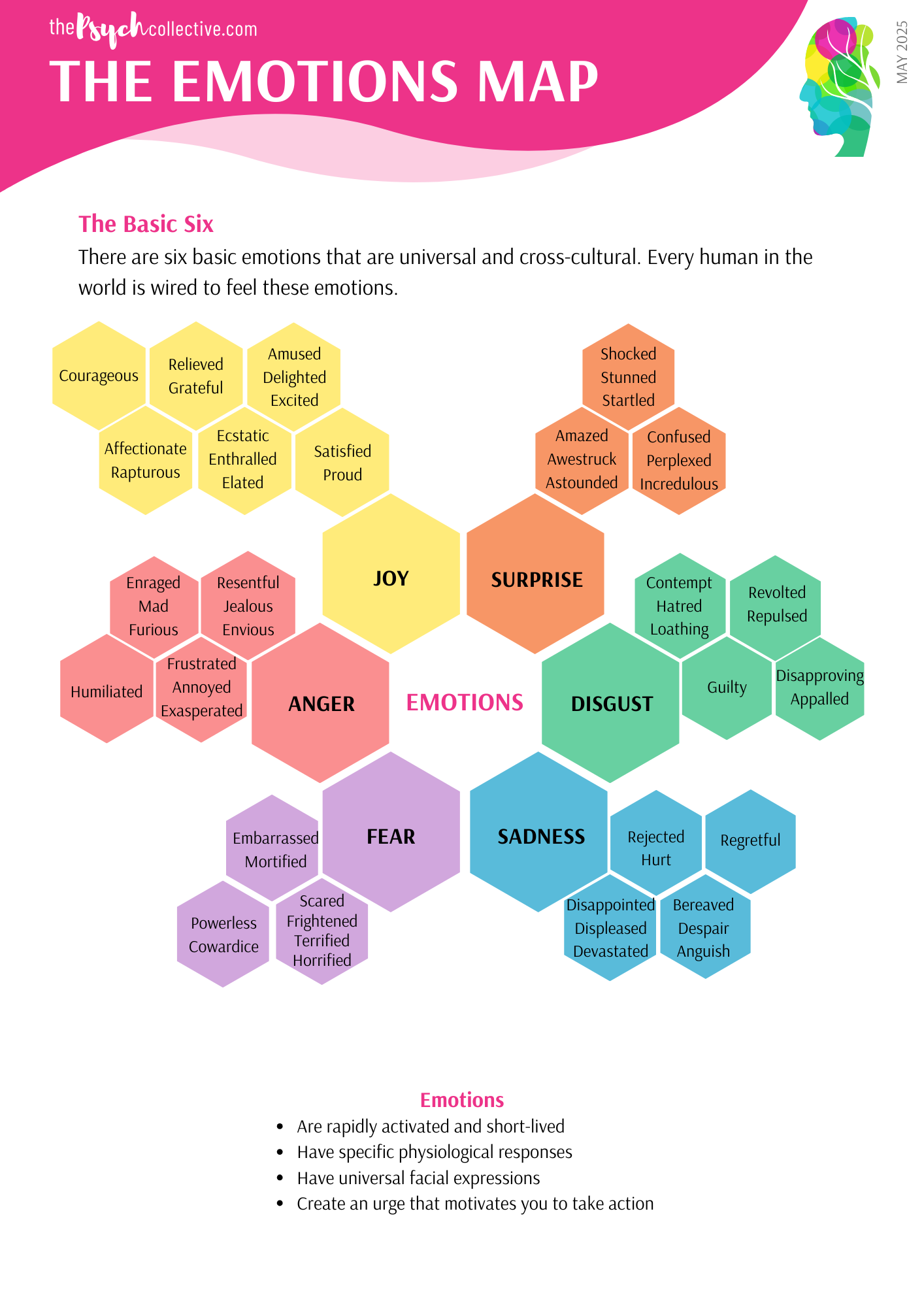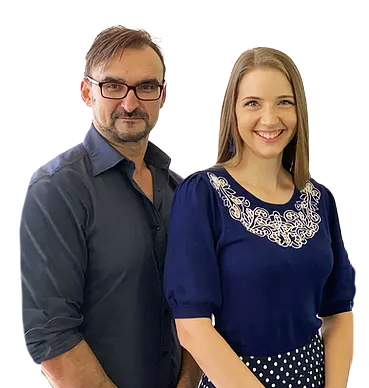Why Does Everything Turn into an Argument?
How to stop arguing with evidence-based couples therapy
Conflict is a normal part of any intimate relationship, but for many couples, disagreements seem to escalate quickly or repeat endlessly. Often, this happens because partners don’t have clear strategies to calm themselves during conflict, and even fewer couples intentionally practice emotional regulation when tensions rise. Without these skills, it’s easy to become emotionally overwhelmed or dysregulated.
When we are dysregulated, our emotions intensify, and it becomes difficult to truly hear our partner. Misunderstandings multiply, defensiveness grows, and healthy communication breaks down. Small disagreements can spiral into arguments, and couples may find themselves trapped in repeating patterns that leave both partners feeling frustrated, hurt, or disconnected.
The Role of Emotional Regulation in Relationships
In her work with couples, Laura emphasises the importance of practical, evidence-based tools to manage emotions before conflict escalates. At The Psych Collective, we promote a ‘Skills Before Pills’ approach to teach partners techniques to soothe themselves, reduce intensity, and return to constructive dialogue.
One of the most powerful approaches we use for managing conflict is teaching couples the Distress Cycle. The event itself is rarely the problem—it’s the snap judgment that follows, such as “they did that on purpose” or “they don’t care about me.” These quick interpretations trigger intense emotions, which then cascade into physical changes like a pounding heart, tense muscles, or shaky breathing. As adrenaline floods the system, logic fades, emotions escalate, and the urge to react harshly takes over. By learning to notice, question, and reframe snap judgments in the moment, partners can interrupt this cycle before it spirals out of control. This creates space for calmer responses, reduces overwhelm, and helps couples prevent regrettable actions. Over time, recognising and working through the Distress Cycle builds emotional skill, improves connection, and allows for healthier problem-solving.
Is This the End of Your Relationship…or a Turning Point?
Many couples worry that constant arguments signal the end of their relationship. The good news is that research shows relationships can often be repaired, even when they feel broken, if both partners are committed to change and willing to invest effort.
Gottman Method research highlights that escaping negative cycles requires more than quick fixes. It involves shifting mindsets, practising new behaviours, and connecting intentionally. Even small changes, like one partner taking responsibility for their part in conflict, can transform the tone and trajectory of the relationship.
Understanding Negative Cycles: The Pursue–Withdraw Pattern
A common issue in relationships is the pursue–withdraw cycle. This occurs when one partner pursues connection, expressing frustration or hurt, while the other withdraws to avoid conflict. Over time, this pattern increases emotional distance, erodes trust, and makes it harder to repair conflict.
Through Gottman-based couples therapy methods and practical DBT strategies, I help couples:
- Identify repeating negative patterns in their relationship
- Learn skills to self-soothe and regulate intense emotions
- Stay engaged during disagreements rather than withdrawing
- Communicate needs clearly and listen actively
By addressing these cycles, couples can move from emotional disconnection to healing and reconnection, transforming conflict into an opportunity for growth rather than a source of distress.
The Power of Intentional Change
The key to healthier relationships is intentional practice. Couples who learn to manage their emotional responses, take responsibility for their role in conflict, and respond with empathy instead of defensiveness often report:
- Reduced frequency and intensity of arguments
- Greater trust and intimacy
- More consistent emotional connection.
- Enhanced problem-solving and shared decision-making
Even couples who feel stuck in repetitive arguments can regain a sense of partnership, closeness, and mutual respect by applying these evidence-based strategies.
Taking the Next Step
Conflict doesn’t have to define your relationship. With professional couples therapy, couples can develop the skills to manage emotional intensity, break negative cycles, and strengthen their connection. As a therapist trained in the Gottman Method and skilled in DBT-based emotion regulation, Laura Marett helps couples navigate challenges, improve communication, and build relationships that are resilient, fulfilling, and enduring.
If you’re searching for couples therapy in Wollongong, marriage counselling, or strategies to reduce conflict and strengthen your relationship, these evidence-based approaches can help your partnership thrive. Contact us today to start transforming arguments into meaningful connections.
Share
Categories
About Our Resources
We offer actionable resources and teach real skills to help people make meaningful change in managing mental health issues through different modes depending on people's learning preferences including infographics, text, worksheets, handouts and video.
